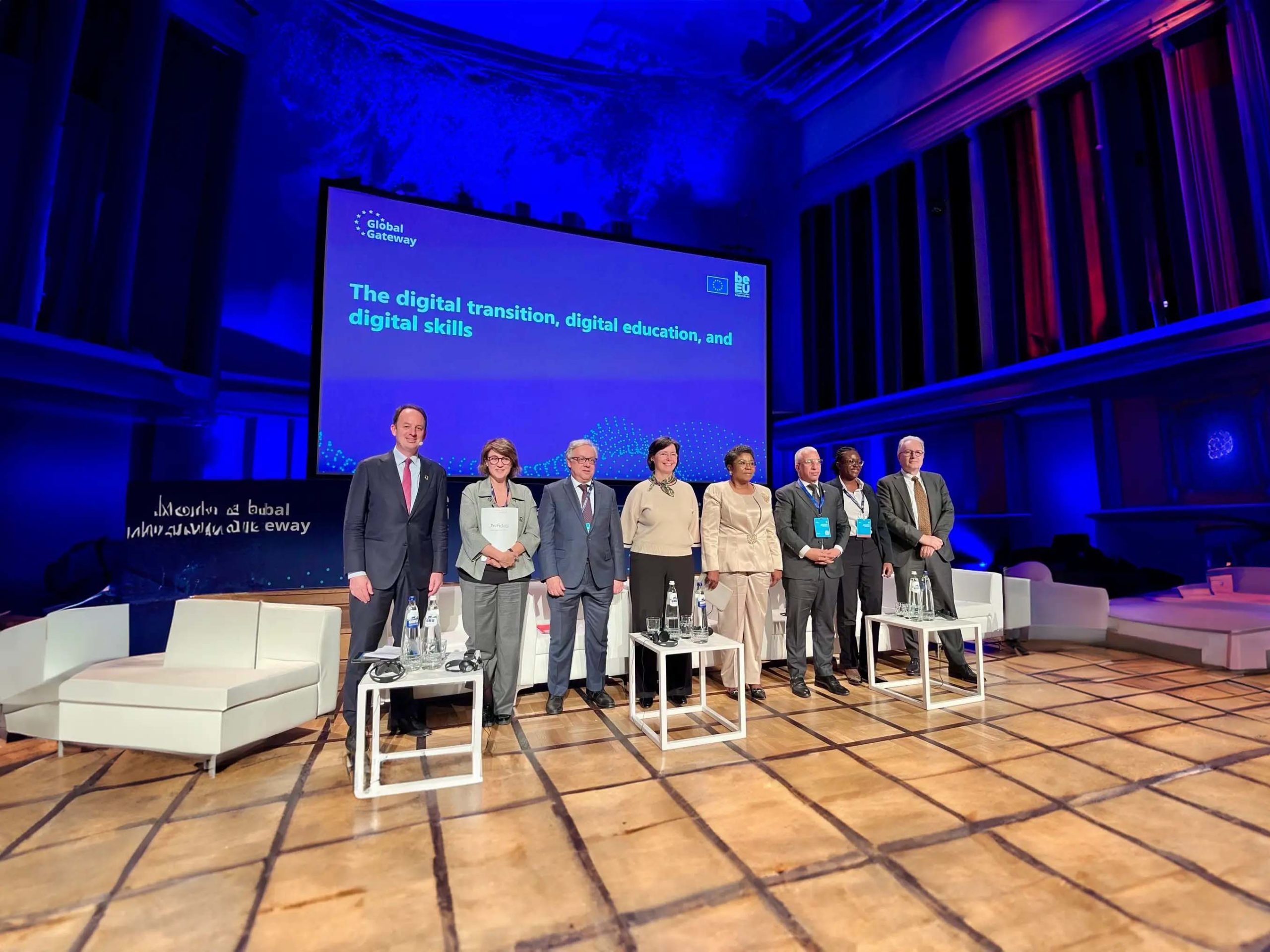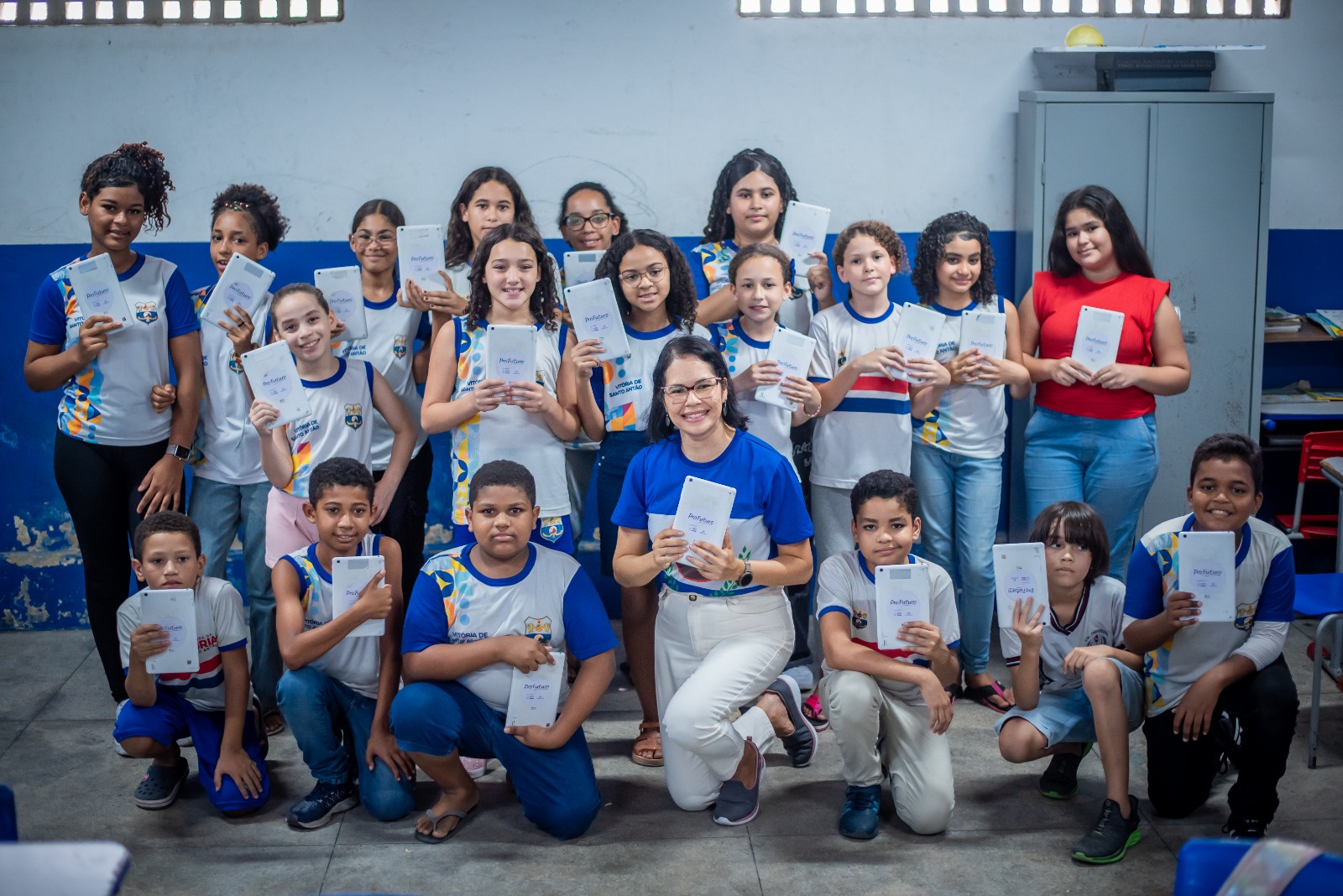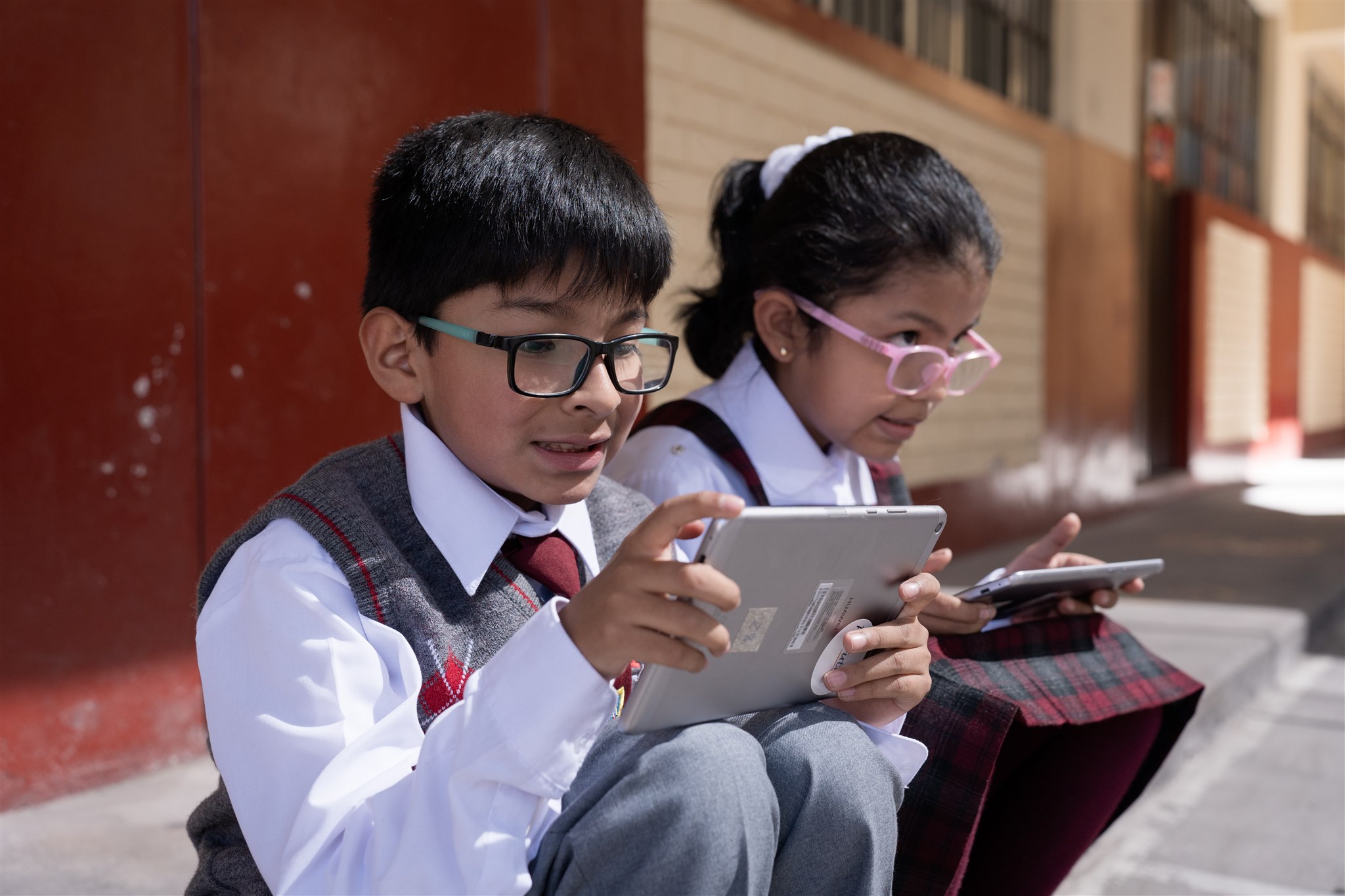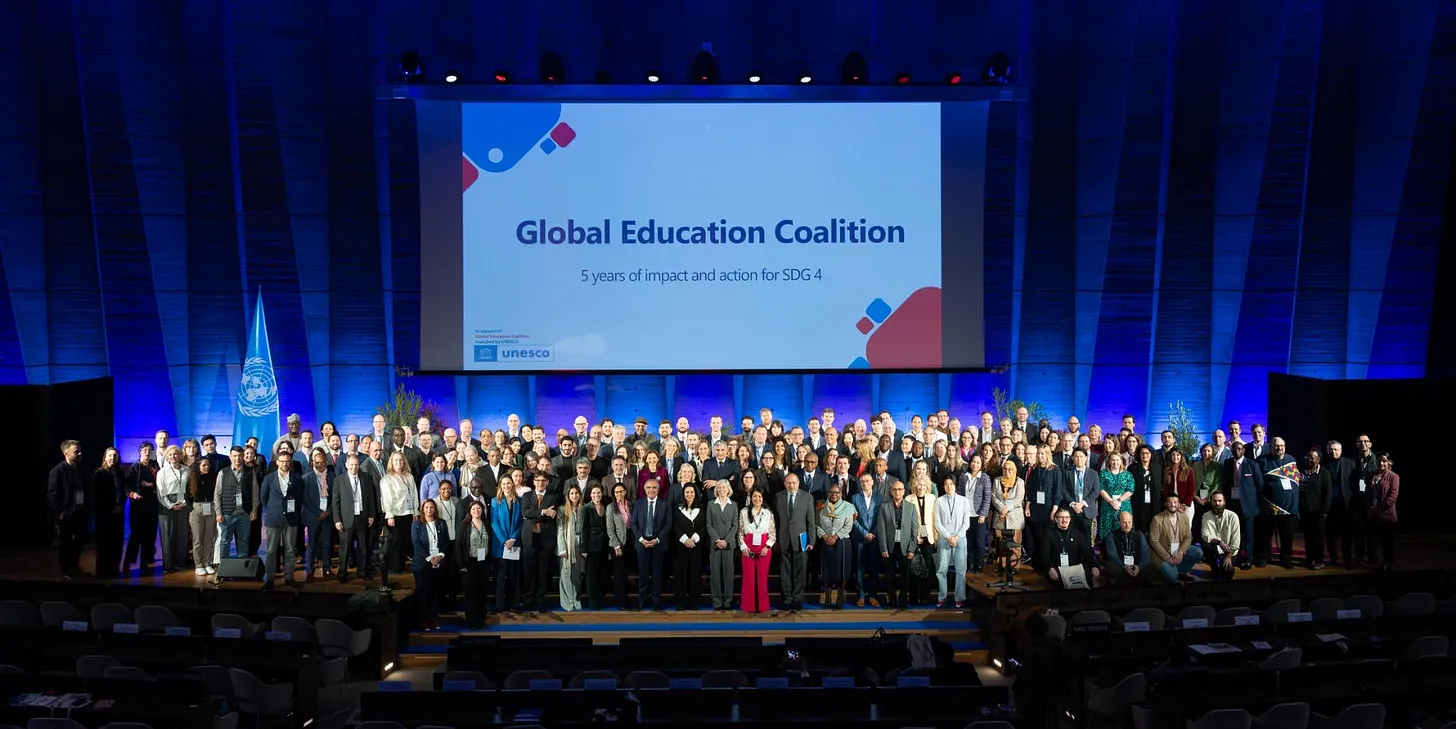Last Thursday 11th April, our team had the privilege to participate in the prestigious Global Gateway High-Level Event on Education, an event focused on the development of the education sector, co-organised by the European Commission and the Belgian Presidency of the EU Council. This meeting brought to Brussels key players in the field to engage in discussions on investment opportunities and educational cooperation within the Global Gateway agenda, as well as to showcase results, good practices and lessons learned from increased funding and partnerships, and to forecast accelerated progress in the future.
Our CEO, Magdalena Brier, took part in the panel “The digital transition, digital education, and digital skills”, presenting examples of how inclusive, high-quality digital learning can support a human-centred transformation, leaving no one behind, and explore opportunities and future partnerships through investment in digital education.
She shared the stage with leading figures in education such as Martin Seychell, Deputy Director General of DG International Partnerships of the European Commission; Mariin Ratnik, Under-Secretary for Economic and Development Affairs of Estonia; Esther Walson-Jack, Permanent Secretary of the Federal Ministry of Education of Nigeria; Lorna Akoacha Enow, Youth Council of Cameroon; Erik Huizer, CEO of GÉANT; and Moctar Ould Dahi, Minister of National Education and Reform of the Education System of Mauritania. The discussion was moderated by Jean Van Wetter, CEO of Enabel, Belgian Development Agency.
During the panel, key issues were addressed that highlighted the importance of equity and inclusion in the digital sphere. Emphasis was placed on having to focus technology on human needs, recognising that digital education is a complete ecosystem encompassing structure, connectivity, research, rights and more. The importance of creating synergies between the public and private sector to ensure equitable access to the necessary resources was also highlighted. As Mariin Ratnik stated: “It’s not just about technology; it’s about society”. The need to develop digital skills in both online and offline environments was underscored as a way to positively impact the most vulnerable communities.
Magdalena stressed the importance of providing training, support and access to the digital environment for teachers and students in order to face the challenges of the 21st century. She also emphasised the need to evaluate and act on what has worked and what has not, in order to make such advocacy more effective. In conclusion, she underscored the need for “software and hardware to communicate with each other” to make life easier for those who need these resources.
Participating in these spaces is also a way of learning, keeping abreast of what is happening in the education sector, supporting each other’s growth and prioritising the needs that are most evident in our society.
We are honoured by the invitation of the European Commission and remain committed to our mission to promote quality education as a fundamental pillar in building a better and more equitable future for all.
If you missed the panel, you can watch it in full here! (1:53:00)
#EducatingTransforms
Do you want to know more about ProFuturo’s commitment to education?
Further information available at: https://profuturo.education/
X: @ProFuturo_
IG: @profuturo_
FB: @ProFuturoEducation
YT: ProFuturo
LK: ProFuturoEducation






